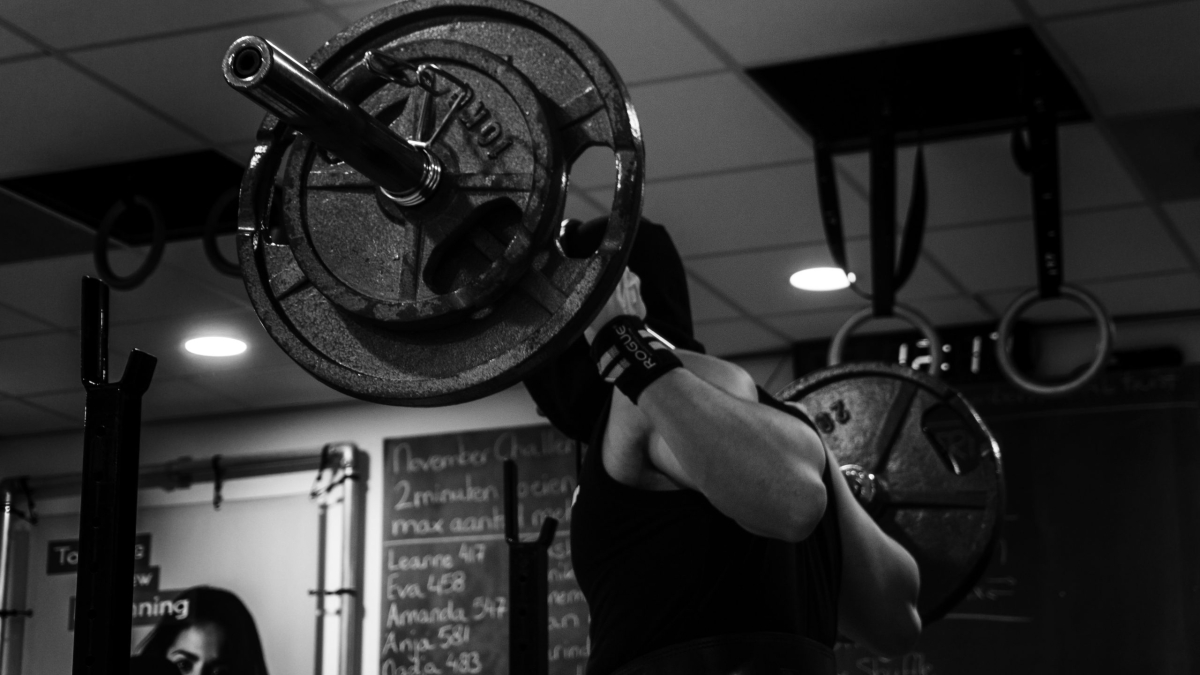In today’s fast-paced and increasingly sedentary world, the importance of maintaining physical fitness cannot be overstated. Our bodies are designed for movement, and as we navigate through hectic schedules, our health and happiness are profoundly impacted. Physical fitness is not just about looking good; it’s about ensuring our bodies function optimally, from boosting immunity to nurturing mental and emotional well-being.
In this article, we delve into the multifaceted benefits of physical fitness, exploring its transformative power on our lives. From the obvious advantages like improved physical health to the less apparent impacts on mental resilience and social connectivity, we uncover why prioritizing fitness is vital in the contemporary era.
Defining Physical Fitness
Physical fitness refers to the pinnacle of health achievable through regular exercise and balanced nutrition. It encompasses cardiovascular endurance, muscular strength and endurance, flexibility, and body composition. When one is physically fit, they can effortlessly carry out daily tasks while reducing the risk of injuries and illnesses. Regardless of age or background, everyone stands to gain from improving their physical fitness through a variety of activities.
The Role of Physical Fitness
Maintaining an optimal level of physical fitness is fundamental to leading a fulfilling life. Regular exercise positively affects the cardiovascular system, muscles, bones, and overall body weight. It serves as a shield against debilitating conditions such as cardiovascular disease, diabetes, and obesity. Moreover, physical fitness isn’t solely about the body; it also nurtures mental well-being. Exercise triggers the release of endorphins, promoting a sense of happiness, reducing stress, anxiety, and sharpening cognitive function.
Furthermore, engaging in group activities fosters social connections, fostering a sense of belonging and boosting self-confidence. By making fitness a consistent part of our lives, we gain control over our health and well-being, leading to increased satisfaction and productivity.
Elements of Physical Fitness
The components of physical fitness work synergistically to determine an individual’s overall health and performance. These elements include cardiovascular endurance, muscular strength and endurance, flexibility, and body composition. Each element contributes to a balanced and functional body, supporting longevity and vitality.
Benefits of Physical Fitness
Physical Health Benefits
Regular physical activity offers a plethora of physical health benefits. It enhances cardiovascular health, aids in weight management, strengthens muscles and bones, improves flexibility, and boosts the immune system. These benefits underscore the importance of integrating physical fitness into daily routines for a healthier life.
Mental Health Benefits
Physical fitness is closely intertwined with mental well-being, offering relief from stress, anxiety, and depression. Exercise stimulates the release of endorphins, promoting a positive mood and cognitive function. It provides a healthy outlet for managing emotions and improving sleep patterns, contributing to overall emotional balance.
Social Benefits
Participating in physical activities fosters social connections and a sense of community. Group exercises create a supportive environment where individuals can bond over shared goals, boosting self-esteem and combatting loneliness.
Productivity and Energy
Physical fitness enhances cognitive function, increasing focus, concentration, and productivity. Regular exercise also elevates energy levels, combating fatigue and promoting vitality throughout the day.
Longevity and Quality of Life
Prioritizing physical fitness reduces the risk of chronic diseases, enhances muscle strength and bone density, and supports cardiovascular health, leading to a longer and more fulfilling life.
Tips for Improving Physical Fitness
To improve physical fitness, set clear goals, find enjoyable activities, incorporate aerobic and strength training exercises, prioritize flexibility, start gradually, allow for adequate recovery, maintain a balanced diet, stay hydrated, monitor progress, and seek guidance from fitness professionals.
Conclusion
Physical fitness is a cornerstone of overall health and well-being. By embracing regular exercise and prioritizing mental and physical health, individuals can unlock a multitude of benefits, leading to a happier, healthier, and more fulfilling life. Start your fitness journey today and reap the rewards of a vibrant and resilient body and mind.

